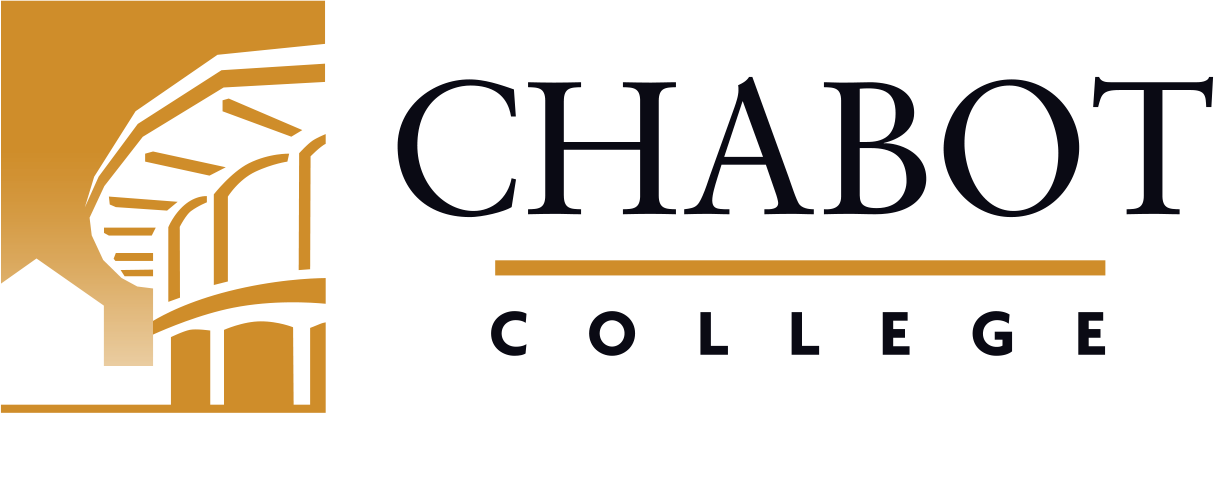
Course Outline for Mass Communications 68
KCTH Television Experience
Effective: Fall 2016
SLO Rev: 05/19/2016
SLO Rev: 05/19/2016
Catalog Description:
MCOM 68 - KCTH Television Experience
3.00 Units
Practical experience in television production and programming.
Prerequisite: MCOM 60.
Letter Grade Only
| Type | Units | Inside of Class Hours | Outside of Class Hours | Total Student Learning Hours |
|---|---|---|---|---|
| Lecture | 2.00 | 36.00 | 72.00 | 108.00 |
| Laboratory | 1.00 | 54.00 | 0.00 | 54.00 |
| Total | 3.00 | 90.00 | 72.00 | 162.00 |
Measurable Objectives:
Upon completion of this course, the student should be able to:
- design preliminary rudimental television programs;
- operate television studio control boards and cameras, as appropriate;
- write simple television scripts;
- apply simple television trade skills, such as videotape operation and studio lighting;
- demonstrate understanding of television announcing.
Course Content:
Lecture
- Basic skills in television production
- Concepts of television writing
- Overview of Control Board operation
- Principles of television programming
- Television studio job functions
Laboratory
- Station equipment operation
- Department duties and office hours
- Studio production
- Live field remotes
- Promotional events
- Web presence
- Archiving
Methods of Instruction:
- Distance Education
- Lecture, PowerPoint, and discussion
- Production of programming
- Reading and reporting
- Specific practice assignments related to the project
Assignments and Methods of Evaluating Student Progress:
- Schedule segments of television program production(s)
- Write televisions show scripts
- Create, edit, and stack a block of the television production rundown sheet
- Select and oversee a production crew for a television show segment
- Perform specific production personnel positions
- Create a segment of an airable television show
- Assessment of student project advancement in television production
- Evaluation of participation in class discussions, presentations, and productions
- Improvement in laboratory production skills
- Final Examination
Upon the completion of this course, the student should be able to:
- Apply the television trade skills of videotape operation and studio lighting.
- Demonstrate skill of television announcing.
- Design television programs.
- Write television scripts.
Textbooks (Typical):
- Schenk, Long (2014). The Digital Filmmaking Handbook (5th). Cengage Learning PTR.
- Gross, Foust, & Burrows (2012). Video Production: Disciplines & Techniques (11th ). McGraw-Hill Publications.
- DVD-R, CD-R, MiniDV tapes, external hard drive, USB flash drive, access to television and the Internet.
Abbreviated Class Schedule Description:
Practical experience in television production and programming.
Prerequisite: MCOM 60.